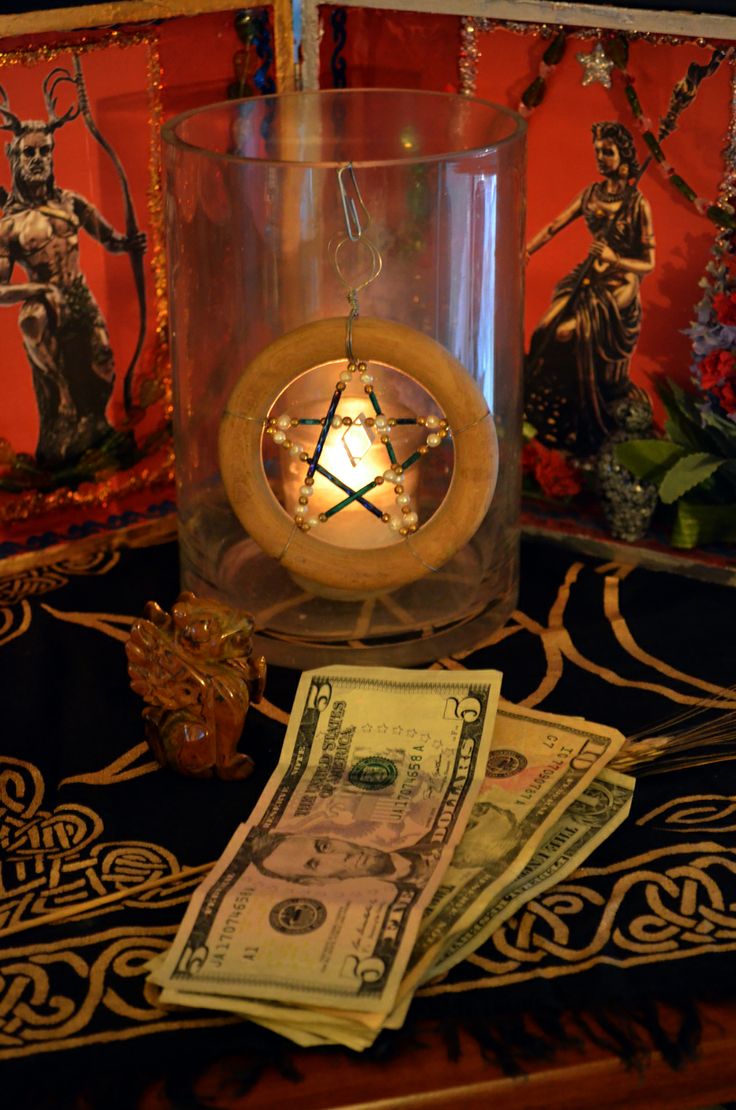
When I consider “dirty money,” and how we may carry a secret disgust around currency, I think of Sheik Sidi. This wise old Sufi teacher once warned me, “Don’t squash the levels.” He was addressing the struggle many humans face: we may strive to be sacred, to live in more peaceful communion with others, to be fully present…and yet, at the same time, we must also plan for the future, learn from the past, and address the aggravating details of everyday life. When we squash the levels, we apply one set of expectations to a realm that cannot possibly meet them. I may want to live in blissful unity, even achieve it for nanoseconds when I’m sitting in meditation, but when I sit down instead with my budget, there is only room for hard judgments, and gratification delayed. What my teacher was conveying was the possibility of shifting gears without feeling like you’re risking your spirituality. Or finding the devil in the details!
Wish my father had known that. He was born the eldest son of two young people living in a farmhouse on a failing farm with my grandfather’s parents. They didn’t know it yet, but a few years after his birth, they would face a daunting crisis over which they had no control: the Great Depression. Five more mouths would also require feeding, though the two youngest would die of illness and accident before their fifth birthdays. My grandmother was a woman of her times, and extremely religious, harshly so. Along with shaming him about so many things normal little children would find interesting, she gave him a very clear message that all good things in the world were so, in part, because they were not tainted by the stench of filthy lucre.
Yet that same lack of money that was so admirable to my grandmother resulted in my father’s being fostered by other families loosely related to them, while my grandfather attempted to keep the rest of the family afloat, selling farm equipment (good luck; remember, this is during the Depression). This resulted in a terrible conflict that would haunt him until his death — the debasement of money in attempting to serve a higher calling as a psychiatrist, and the yearning for material safety, even luxury.
I don’t think his story is at all unusual. Even today, with the decrease in overt religiosity, many of us still carry the belief that goodness should be its own reward, and by that algorithm, it should not surprise us that the less lucrative professions are also the most humanistic. Teachers, nurses (and even many doctors), writers, artists, and even, I might add, many psychotherapists and others in the healing professions occasionally bemoan the fact that temperamentally we weren’t better suited to be bankers, lawyers, Wall Street investors, corporate executives or pharmaceutical representatives.
In a world where money bears the taint of sin, we are bound to either feel ashamed at even admitting to our need for adequate reimbursement, and therefore err on the side of self-impoverishment, or disregard morality in our quest for hefty personal accounts, and therefore cause unnecessary pain to others.
My question to you is this, what is the possibility of redeeming money, and what are the implications for how we then receive and give it? Not long ago, I saw a video, filmed on a public street in Japan. A street performer received money from an onlooker, and it was the way in which the money was offered, respectfully and with ceremony, that really impressed me. What the onlooker was giving was not only the currency’s face value, but the energy of his appreciation. When we associate money with what we value, and at an even deep place, what we value in ourselves, it changes, I think at least, how we choose to receive it, and pay it out.
Spirituality is beautiful at that highest level of one-ness, but it can also be found in the mundane tools and everyday activities of our existence.
Try this: get in touch with that part of you that may still hold the belief that money is the oil to goodness’s water. What does this part need to do to “forgive” money? To allow it instead to be imbued with your goodness? What shame do you carry around wanting it, even for the necessities of life; what fear at being greedy? Write a little about what comes up for you, and send it to me if you want (letting me know if you want to keep your post private).
Click here to read the full article
RESPONSES:
What wonderful questions!! You really get to the heart of our struggle with money. And yet, as you so wisely note, it is not really about money but about self-worth. (Interesting, I just noticed that self-worth has a monetary component to it.) Your questions really bring up the need do some self-healing around money and self-worth. — Lorraine K-A, 5/14
“Worth” is an interesting word, isn’t it!? In a future exploration of prosperity, I’ll draw that in as another term that needs both exploration and a broader interpretation than the strictly mercenary one we usually assume.